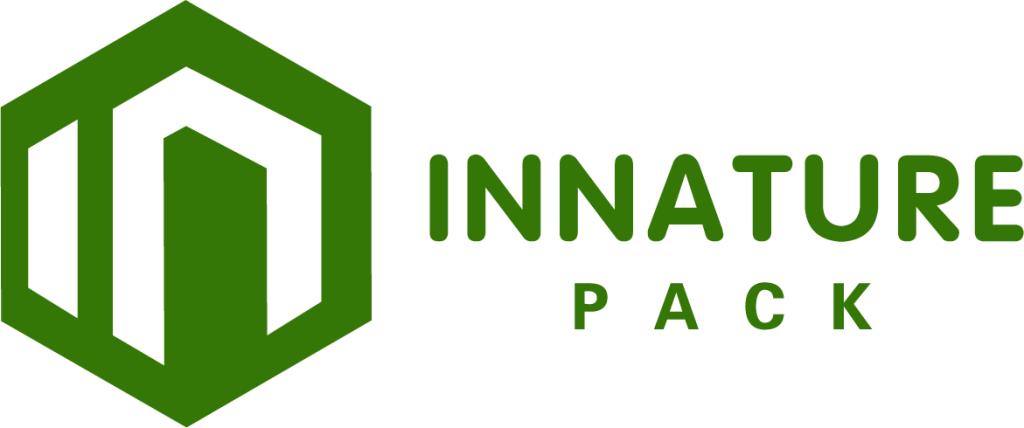Introduction: The Shift Toward Sustainable Tableware
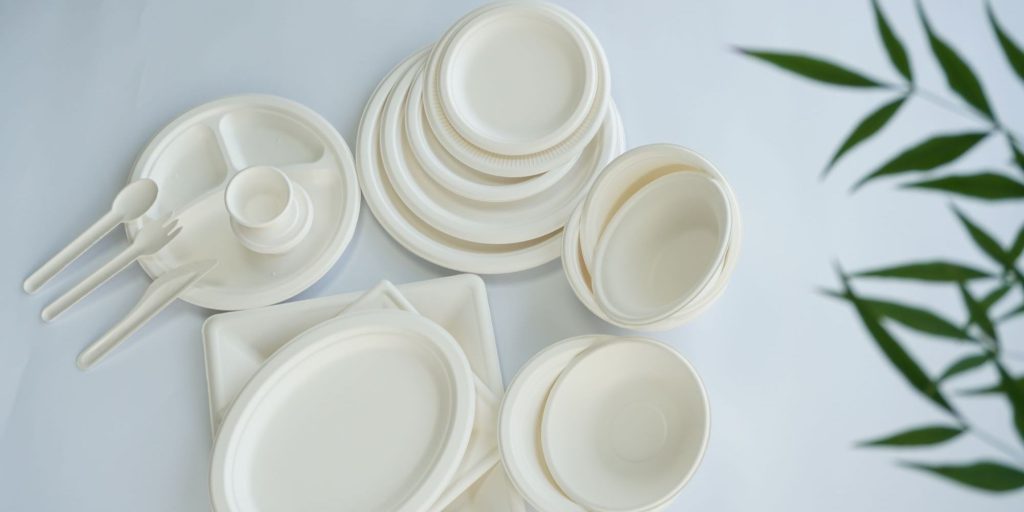
Across the globe, foodservice operators, retailers, and consumers are rethinking the role of packaging and disposable products. Single-use plastics, once considered convenient and cheap, have become symbols of pollution, waste, and regulatory headaches. Countries are passing plastic bans, brands are setting ambitious sustainability targets, and customers are voting with their wallets for greener alternatives.
In this context, bagasse tableware has emerged as one of the most practical, scalable, and eco-friendly options. Made from sugarcane fiber that would otherwise go to waste, bagasse products deliver both strong performance and environmental benefits. For businesses, the choice is not only about meeting regulations but also about improving brand reputation and staying competitive in a rapidly changing market.
What Is Bagasse?
Bagasse is the fibrous residue left after sugarcane is crushed for juice. Once considered waste, it is now transformed into valuable raw material for packaging and tableware. Utilising this by-product reduces waste and supports a circular economy by turning agricultural leftovers into useful goods.
Sugarcane’s Gift
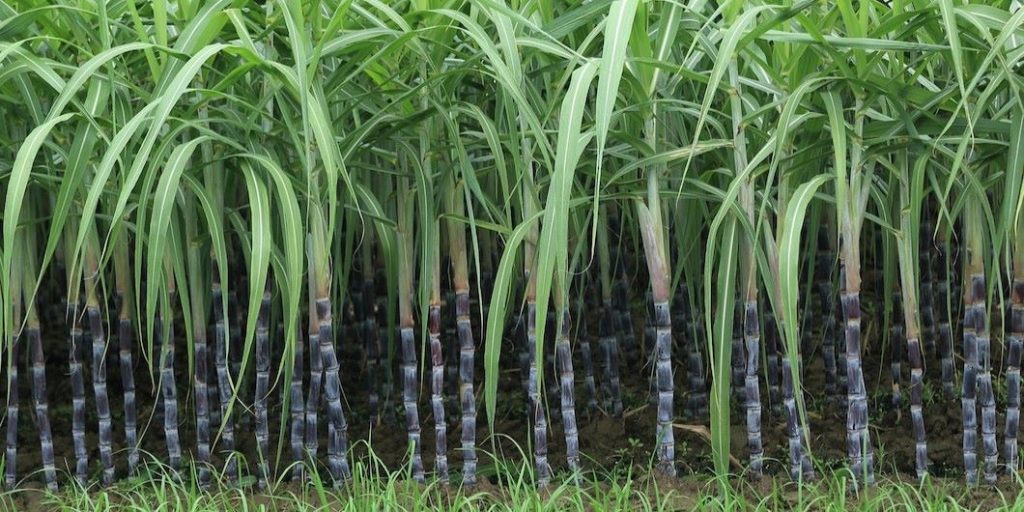
Sugarcane not only produces sugar but also delivers bagasse—a renewable, fast-growing resource. Grown in tropical and subtropical regions, sugarcane is the world’s largest crop by production quantity, totalling 1.9 billion tonnes in 2020. Every ton of sugarcane yields about 280 kg of bagasse, enough to replace large volumes of virgin wood pulp and ease pressure on forests.
Unlike crops grown for fuel or packaging, bagasse doesn’t compete with food production. It makes use of what is already there, keeping land use focused on staple crops while unlocking new opportunities in sustainable packaging. With a harvest cycle as short as six months, sugarcane provides a steady, year-round supply—ideal for scaling eco-friendly products like plates, bowls, takeaway containers, and cup lids.
Production Process
The transformation from raw fiber to tableware is straight forward but technologically advanced:
- Bagasse fibers are pulped and cleaned.
- The pulp is poured into molds to form shapes like plates, bowls, or cups.
- Heat and pressure lock the fibers together, creating sturdy products.
- Edges are trimmed and items are quality-checked before packaging.
The result is tableware that feels natural to the touch, looks clean and professional, and performs reliably across foodservice scenarios.
Key Reasons to Choose Bagasse Tableware
1. Planet-Friendly
Choosing bagasse means making an environmentally responsible decision. Unlike plastic, which lingers for centuries, bagasse products are compostable and biodegradable. After use, they can break down in industrial composting facilities—and in many cases, in home compost piles—without leaving harmful residues.
Equally important, using bagasse supports a circular approach. Instead of letting sugarcane waste go unused or burned, it is repurposed into packaging that replaces virgin plastic and paper. This reduces overall waste, lowers reliance on fossil fuels, and aligns with global sustainability goals.
Composting in Practice:
- Industrial Composting: Bagasse products typically break down within 60–90 days in commercial composting facilities.
- Home Composting: Thicker items may take longer but still decompose naturally.
- Best Practices: Dispose of bagasse in compost bins where available, and avoid contaminating recycling streams.
This practical end-of-life pathway reassures businesses and consumers that bagasse is not only a sustainable material on paper, but a genuine solution in practice.
2. Superior Function & Practical Performance
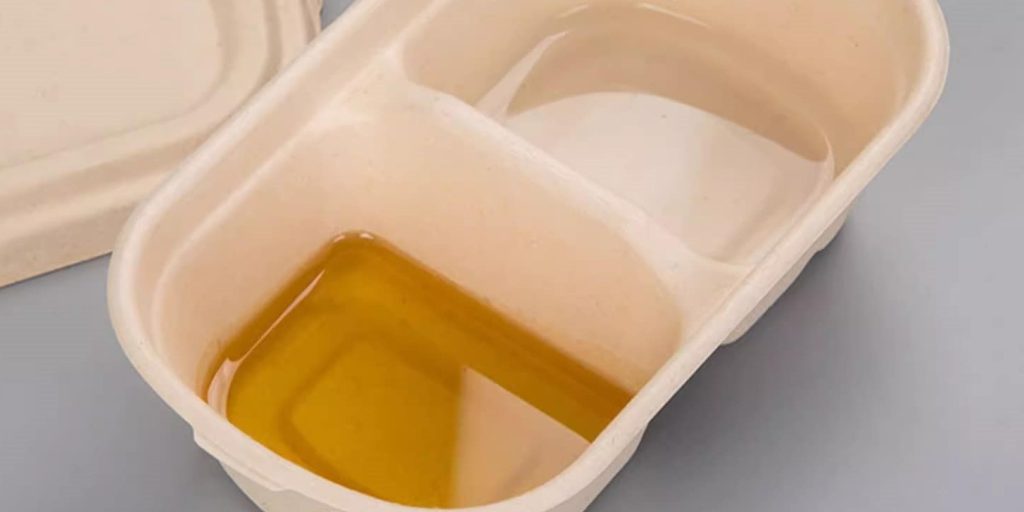
- Heat Resistance: Bagasse plates and bowls withstand hot meals without softening or collapsing.
- Liquid Integrity: Thanks to the natural fiber structure, bagasse tableware resists oil and moisture.
- Microwave Safe: Safe for reheating without warping or releasing chemicals.
In real-world use, bagasse plates, bowls, and clamshells hold everything from curry and noodles to salads and desserts. They repel grease and moisture without plastic linings, so chips, fried chicken, and saucy pasta stay put. Unlike paper plates that sag or leak, bagasse stays solid, even with heavy or moist food.
3. Health-Conscious & Safe
Food safety is non-negotiable. Bagasse tableware meets stringent international standards for food contact:
- Certified compostable under EN13432 and ASTM D6400.
- FDA compliance under 21 CFR 176.170, proving safety for direct food contact.
- Free from BPA, phthalates, and other harmful chemicals.
- Available in PFAS-free versions to meet new regulatory and consumer expectations.
These assurances mean that whether products are used in school cafeterias, hospitals, or family kitchens, they can be trusted to serve food without health concerns.
4. Smart Economics & Business Value
While environmental benefits often take the spotlight, bagasse also makes sense from a business perspective.
- Cost Efficiency at Scale: When purchased in bulk, bagasse products are competitively priced, especially as plastic alternatives become more expensive due to taxes and compliance costs.
- Supply Chain Reliability: Bagasse is produced globally and manufactured at scale, ensuring steady availability.
- Brand Advantage: Companies using bagasse tableware can highlight their sustainability credentials, earning customer trust and meeting the demands of eco-conscious clients.
For foodservice operators, wholesalers, and retailers, these factors make bagasse not only a green choice but also a smart strategic investment.
The True Eco-Impact
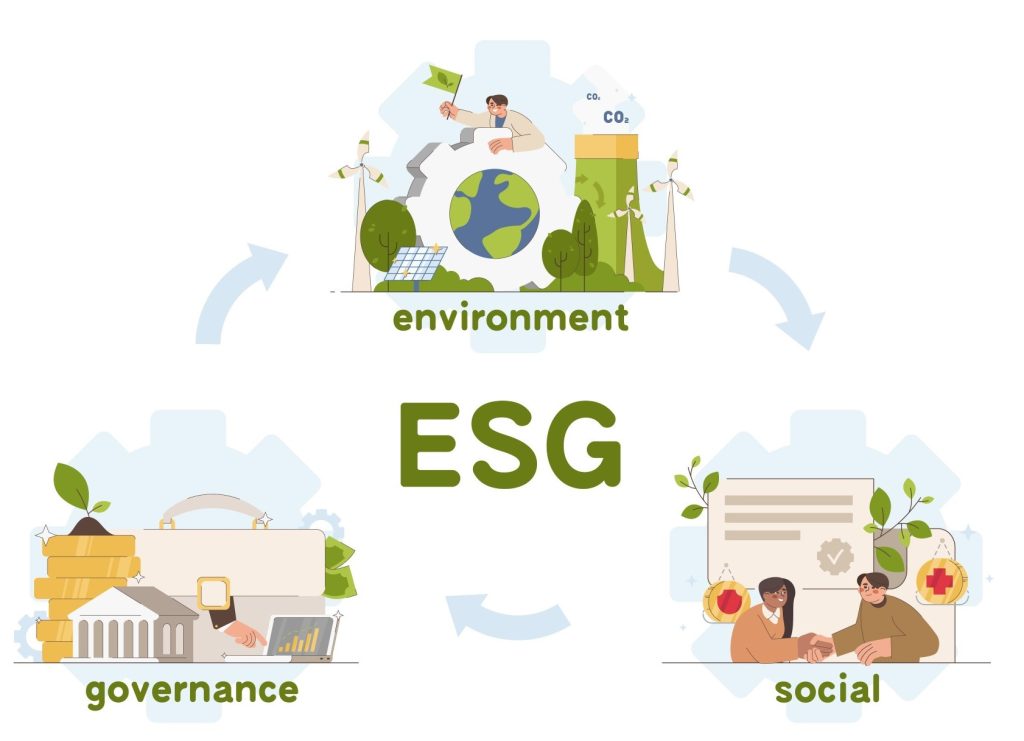
One of the strongest arguments for bagasse is its positive lifecycle performance.
Lifecycle Analysis
Compared with plastic or paper disposables, bagasse generally has a lower carbon footprint. Using agricultural residue avoids the emissions linked to producing virgin plastic or cutting down trees for paper.
- Lower greenhouse gases: Composting bagasse returns organic matter to the soil without releasing persistent toxins.
- Waste reduction: Millions of tons of sugarcane waste can be put to use rather than burned or discarded.
- Renewable sourcing: Unlike fossil fuels, sugarcane regrows annually, offering a sustainable material pipeline.
For companies pursuing ESG targets, switching to bagasse is a measurable, reportable way to reduce environmental impact.
Global Regulations & Market Trends
Plastic bans and packaging regulations are accelerating the adoption of bagasse tableware worldwide.
- European Union: The upcoming PPWR (Packaging and Packaging Waste Regulation) will push businesses toward compostable and recyclable solutions, making bagasse a compliant choice.
- United States: Many states, including California, New York, and Maine, are phasing out polystyrene and single-use plastics. Foodservice businesses are turning to fiber-based alternatives like bagasse.
- Australia: National and state-level policies are driving bans on plastic straws, cutlery, and takeaway containers, opening opportunities for molded fiber packaging.
- Asia-Pacific: Rapid growth in food delivery and increasing government support for green packaging are fueling strong demand for bagasse products.
The market speaks for itself: the molded pulp packaging sector is growing at a compound annual growth rate of 7.5%, with food packaging representing about 44.2% of applications. Bagasse tableware is at the heart of this expansion, especially in catering, retail, and institutional supply.
Debunking Common Myths
Despite its benefits, misconceptions about bagasse still circulate.
- “It falls apart with hot food.”
In fact, bagasse is heat-resistant and tested for hot meals, soups, and oven reheating. - “It needs plastic lining to hold liquids.”
Modern molding processes ensure leak resistance without plastic coatings. - “It is too expensive compared to plastic.”
While unit costs may be slightly higher, total cost balances out when considering compliance, brand reputation, and consumer demand.
Clarifying these myths is essential for businesses weighing their packaging options.
Why Work with InNature Pack
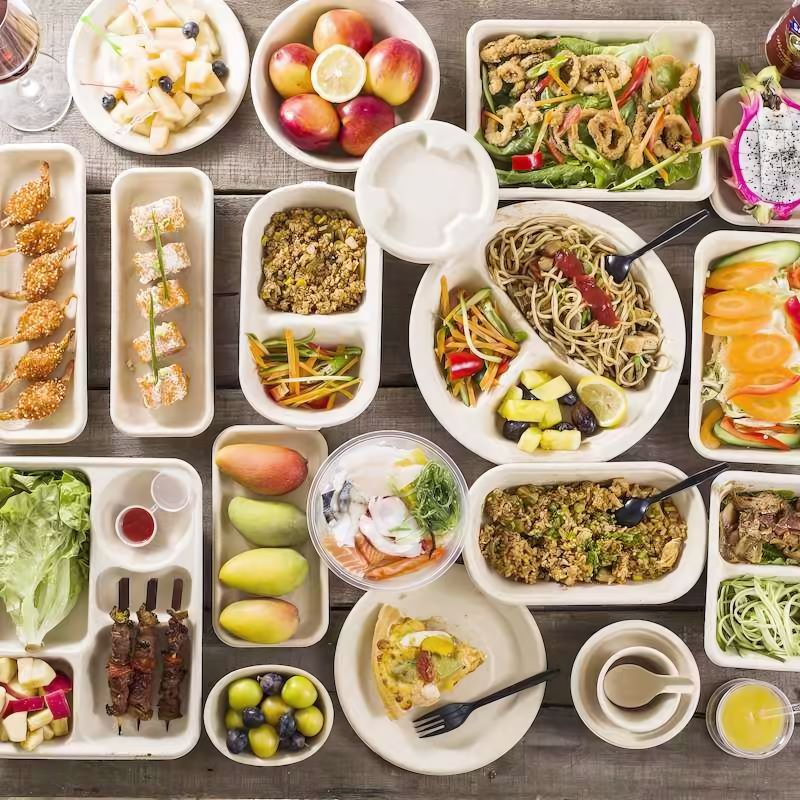
Choosing bagasse tableware is the first step; partnering with the right supplier ensures long-term success.
At InNature Pack, we specialize in:
- A full range of products: plates, bowls, cups, trays, and takeaway containers.
- Customization: logo printing, tailored sizes, and unique packaging designs.
- Certifications: EN13432, FDA food contact compliance, REACH, and EU 2024/3190 migration tests.
- Reliable supply chain: efficient production capacity, consistent quality, and competitive pricing.
- Global reach: serving clients across Europe, North America, Asia-Pacific, and the Middle East.
Our mission is to help businesses transition smoothly to sustainable packaging while maintaining performance, compliance, and cost efficiency.
Conclusion
Bagasse tableware is more than just another eco-friendly option. It represents a shift toward smarter, safer, and more sustainable ways of serving food. From its renewable origins to its reliable performance, from compliance with regulations to positive brand impact, the reasons to choose bagasse are compelling.
For businesses, the choice is clear: investing in bagasse tableware means aligning with customer expectations, staying ahead of regulations, and contributing to a greener planet.
Ready to take the next step? Contact InNature Pack today to request a catalog or samples, and discover how bagasse can enhance your product line and brand story.
